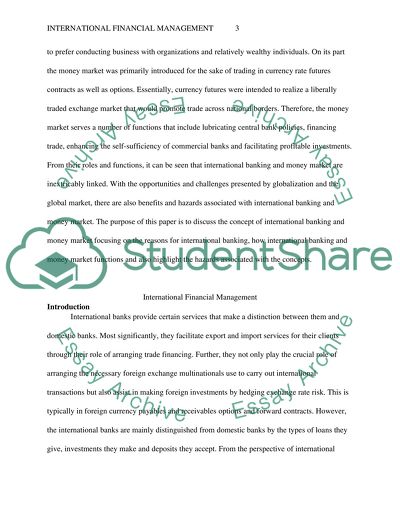Cite this document
(“International Financial management Term Paper Example | Topics and Well Written Essays - 2500 words”, n.d.)
International Financial management Term Paper Example | Topics and Well Written Essays - 2500 words. Retrieved from https://studentshare.org/finance-accounting/1694751-international-financial-management
International Financial management Term Paper Example | Topics and Well Written Essays - 2500 words. Retrieved from https://studentshare.org/finance-accounting/1694751-international-financial-management
(International Financial Management Term Paper Example | Topics and Well Written Essays - 2500 Words)
International Financial Management Term Paper Example | Topics and Well Written Essays - 2500 Words. https://studentshare.org/finance-accounting/1694751-international-financial-management.
International Financial Management Term Paper Example | Topics and Well Written Essays - 2500 Words. https://studentshare.org/finance-accounting/1694751-international-financial-management.
“International Financial Management Term Paper Example | Topics and Well Written Essays - 2500 Words”, n.d. https://studentshare.org/finance-accounting/1694751-international-financial-management.


